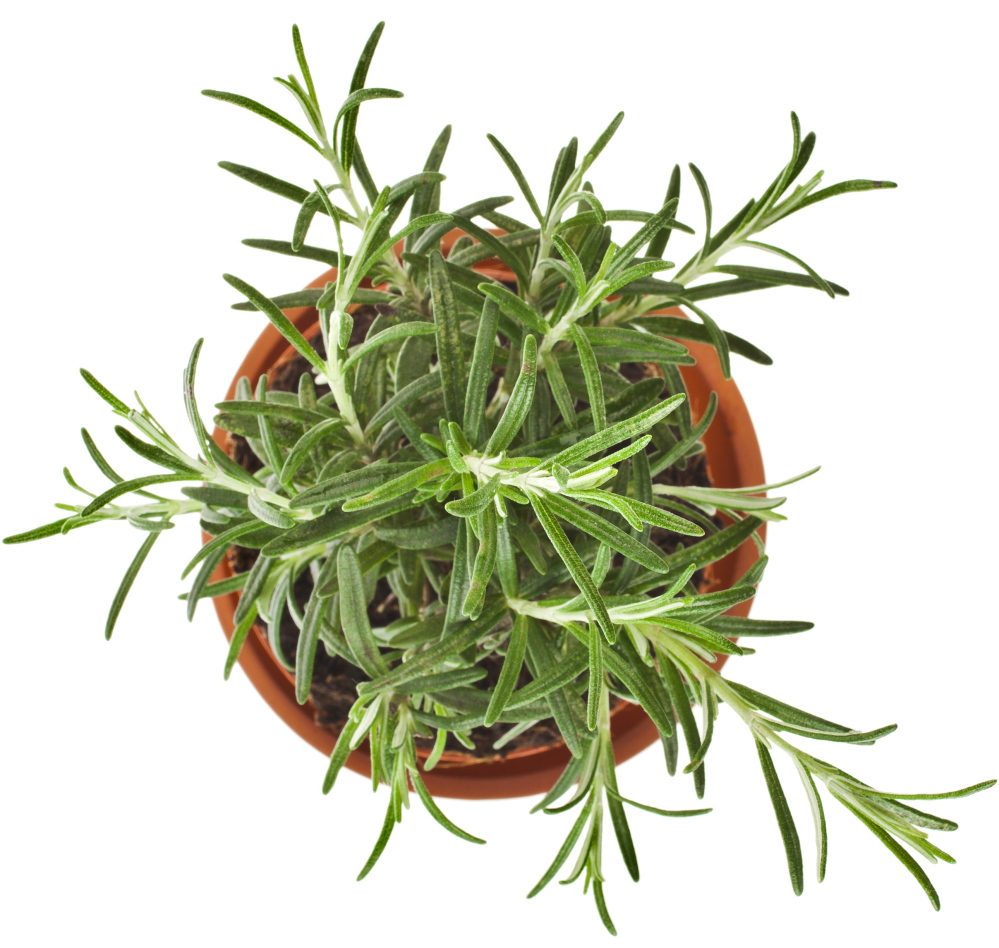You have been enjoying fresh herbs from your garden all summer long, but they are about to get seriously cold and, eventually, snow-covered. Not to panic. You can bring them inside – some of them, anyway, and use them to perk up your cooking all winter long.
Don’t bring in annual herbs such as dill, cilantro and chervil, which have just about reached the end of their natural lives. Stick to the perennials.
Chives are the easiest – but leave some in the garden, as they will survive the winter and regrow in the spring. Dig up and pot those you intend to bring inside; then you can cut the tops whenever you need them right through Easter. If you like more pungent flavors, pop a few cloves of garlic into a pot. They will sprout. Snip the tops, just like chives, and cook with them in the same way.
You can also extend the season for parsley, a biennial. Dig carefully to get most of the root system, water well, and place the herb in a sunny window. You should get good growth throughout the fall. By winter, however, the leaf growth will stop, and it is time to compost the herb.
Rosemary is Zone 6 or 7, and might survive outside in mild winters in extreme coastal Maine. Alternatively, pot it up, bring it inside, water it well and place it in a sunny location where the temperature remains about 60 or lower. To keep humid air around the plant, put the pot on a pebble tray with water in it – but don’t let the water back up into the pot’s drainage hole. Enjoy your rosemary all winter and replant it outside in the spring.
Perennial herbs such as oregano, thyme and mint can also come inside, so you can use them to flavor your winter meals. But they would survive outside without problems.
Send questions/comments to the editors.


